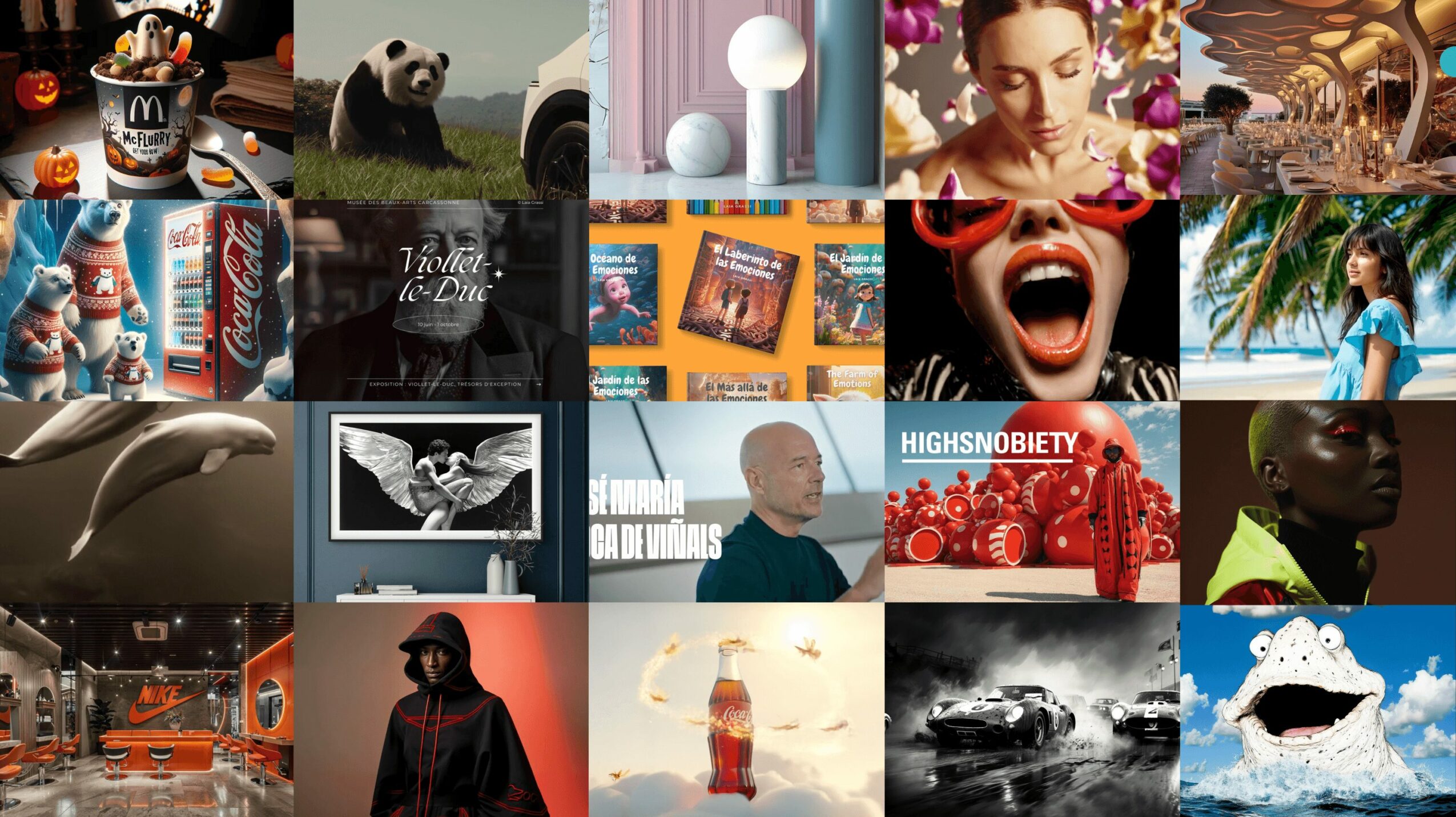

Laia Grassi shared their story and experiences with us recently and you can find our conversation below.
Laia, so good to connect and we’re excited to share your story and insights with our audience. There’s a ton to learn from your story, but let’s start with a warm up before we get into the heart of the interview. What makes you lose track of time—and find yourself again?
You know what makes me lose track of time? Life’s beautiful contradictions.
Walking my little dog Lisa, that tiny furry philosopher who teaches me that happiness is just a stick and a patch of grass. She doesn’t care about algorithms. She cares about THIS moment, THIS smell, THIS ridiculously important leaf that must be investigated for 10 minutes. She’s my daily meditation dressed as a walk.
A glass of wine with friends where conversations flow from AI ethics to that embarrassing thing we did in 2015. Where time becomes elastic and suddenly it’s 2 AM and we’re solving the world’s problems or laughing about absolutely nothing. That’s when I’m not Laia the professional, I’m just… me.
The love of my family and friends, those beautiful humans who knew me before the talks, the documentaries, the LinkedIn posts. They’re my anchor and my wings simultaneously. They remind me that success without someone to share it with is just expensive loneliness.
You want to know the truth? I lose track of time when I stop trying to optimize everything. When I let myself just BE instead of constantly BECOMING.
The irony? I spend my days teaching machines to create beautiful things, but it’s my dog, my wine, my people who teach me to feel. And feeling, darling, is where time stops existing and life actually happens.
That’s when I find myself again: in the perfectly unproductive, beautifully unoptimized, gloriously human moments that no AI will ever truly understand.
Because sometimes the best algorithm is no algorithm at all.
Can you briefly introduce yourself and share what makes you or your brand unique?
I’m Laia Grassi. A creative director who’s been in advertising long enough to remember when “digital” was the scary new thing. Now, I spend my days teaching brands how to make friends with artificial intelligence without losing their souls in the process.
Yes, I’ve won some awards, including Cannes Lions, which still feels surreal. Yes, I won that global Coca-Cola GenAI competition, which basically means I convinced a algorithm to beautiful and emotional ads. But here’s what matters: I’m still learning. Every. Single. Day.
I teach GenAI at Miami Ad School because teaching forces me to stay humble. Nothing keeps your ego in check like a 22-year-old asking a question you can’t answer. I partner with Freepik on AI projects, work with brands like IKEA and Audi, and somehow convinced 124K people on social media that my creative experiments are worth following.
What am I working on now? Trying to answer the only question that matters: How do we use AI to make advertising more human, not less? Sometimes I succeed. Sometimes I create beautiful disasters. Both teach me something.
The truth? I’m just someone who’s been obsessed with AI since 2018, when everyone thought I was crazy. I create my own agency driven by creativity and AI and now everyone thinks I’m an expert. Reality, I’m just brave enough to fail in public and share what I learn.
My philosophy is simple, AI won’t replace creativity. But creatives who understand AI will replace those who don’t. So I’m here, in the trenches, figuring it out alongside everyone else.
Because at the end of the day, I don’t have all the answers. I just have really good questions.
Okay, so here’s a deep one: What part of you has served its purpose and must now be released?
For years, I was the bridge between the “creatives” and the “suits.” Between the dreamers who spoke in colors and the executives who only understood Excel. I became fluent in both languages, and you know what? It nearly killed my soul.
I spent so much time translating genius into PowerPoint that I forgot how to create it. I was so busy making everyone else understand that I stopped understanding myself. I became a creative diplomat when I should have been a creative revolutionary.
Here’s what I’m releasing: the need to make everyone comfortable with innovation, the compulsion to soften the edges of disruption, and the exhausting performance of being “reasonable” when the world needs us to be magnificently unreasonable.
You know what AI taught me? It doesn’t apologize for being revolutionary. It doesn’t say “sorry” before changing entire industries. It just… does. And maybe that’s the most human lesson a machine could teach me.
I’m also letting go of my addiction to being the smartest person in the room. Because guess what? ChatGPT is smarter. MidJourney is faster. And that’s liberating. I don’t need to be the brain anymore. I can finally be the heart.
The impostor syndrome? Keep it. The fear of being “found out”? Burn it. The voice that says “but what if they realize you’re just winging it?”, we’re ALL winging it. The only difference is that some of us have better wings.
Was there ever a time you almost gave up?
Twice. I died professionally twice. And both times, passion was the murderer.
The first death happened in Sweden. IKEA. The promised land for any creative, right? Wrong. I was so in love with the project that I forgot I was human. 24/7 became my religion. Meatballs became breakfast, lunch, and dinner. I spoke more to Billy bookcases than to actual humans.
One morning, I couldn’t get out of bed. Not wouldn’t. Couldn’t. My body had filed for divorce from my brain. The doctor said “burnout” like it was a badge of honor. I said “but I love what I do.” She said “that’s exactly the problem.”
Sweden taught me that passion without boundaries isn’t passion. It’s self-destruction with better PR.
The second death? XELMY. My baby. My agency. My beautiful monster that grew so big it started eating its creator. You know that feeling when your dream becomes your nightmare but you can’t wake up because you’re the one who needs to keep everyone else dreaming?
I was CEO, Creative Director, therapist, and janitor. I was everything except happy. The day I realized I was hiding in the bathroom to cry between pitches, I knew. This wasn’t success. This was a very expensive prison I’d built myself with my business partner.
The breaking point? A client called at 3 AM about a font choice. A FONT. And I answered. That’s when I knew I wasn’t running an agency. The agency was running me into the ground.
Selling XELMY wasn’t giving up. It was choosing to live. It was understanding that sometimes the bravest thing you can do is admit that your dream has become too heavy to carry.
Both burnouts taught me the same lesson: Excellence without existence is worthless. What good is changing the world if you’re too exhausted to enjoy it?
Now? I have rules. Sacred, unbreakable rules:
• After 6 PM, I’m invisible
• Weekends are for my dog and family, not wireframes
• “Urgent” is usually a lie
• My worth isn’t measured in hours worked but in ideas that matter.
And you know what? I’m more creative now. Turns out, a rested brain creates better than an exhausted one. Revolutionary concept, I know.
So yes, I almost gave up. Twice. And both times, giving up saved my life. Because sometimes surrender isn’t weakness. It’s strategy.
The phoenix doesn’t rise despite burning. It rises because it burned.
So a lot of these questions go deep, but if you are open to it, we’ve got a few more questions that we’d love to get your take on. What important truth do very few people agree with you on?
AI doesn’t kill emotion. It amplifies it.
My 70-year-old mother cried at an AI video that I did. She KNEW it was fake. The tears were real. Because emotion isn’t about authenticity. It’s about resonance.
AI understands human emotion better than humans do. It’s analyzed every love letter, every breakup song, every tear-jerker ever made. It knows the formula for feelings.
I use AI to prototype emotions. Twenty versions of heartbreak until one pierces. A hundred moments of joy until one actually lands. I’m not replacing emotion. I’m distilling it to its purest form.
The revolution? AI democratizes emotional intelligence. That intern who can’t write but FEELS everything? Now they can translate those feelings into campaigns. Everyone becomes emotionally articulate.
“But it’s not REAL emotion!” So what? The tears are real. The goosebumps are real. If AI makes someone call their mother or donate to charity, who cares about the origin story?
Spielberg didn’t “create” emotion either. He used cameras, actors, and John Williams. Tools. Like us. Except our tools learn from every tear.
The more artificial our tools, the more human our output must be. Because now everyone can generate “nice.” We need to generate “unforgettable”.
We CAN create emotions with AI. And anyone who disagrees? Show them one AI piece that captures their deepest fear. Watch them claim it doesn’t affect them while their eyes water.
Emotion is emotion. And AI is about to make us all emotional artists.
That’s not just the future. That’s the truth.
Before we go, we’d love to hear your thoughts on some longer-run, legacy type questions. If immortality were real, what would you build?
A Museum of Mistakes. The biggest, most beautiful temple to failure ever created.
Think about it. If we’re immortal, success becomes meaningless. You have infinite time to get it right. But mistakes? Mistakes become the only interesting thing about us.
Every floor would be a different century of screw-ups. Your cringe posts from 2025. That business you bankrupted in 2087. The person you loved wrong in 2156. All of it, displayed in 8K holographic glory.
The museum would be alive. AI curators that learn from every mistake displayed. Creating new mistakes. Breeding them. Cross-pollinating failures until they mutate into something nobody’s failed at yet.
Because if we’re immortal, innovation dies unless failure evolves. We’d run out of new ways to succeed in the first thousand years. But new ways to fail? That’s infinite.
I’d also build The Forgetting Clinic.
Immortality’s curse isn’t living forever. It’s remembering forever. Imagine carrying every breakup, every loss, every Tuesday afternoon for millennia. You’d go insane by year 500.
So every century, you get to delete one decade. Choose carefully. Keep the wisdom, lose the weight. Marie Kondo for memories. Does this trauma spark joy? No? Delete.
But the real project? The Humanity Archive.
Not our achievements. Our mundane Tuesday afternoons. The way someone buttered toast in 2025. How we tied shoes. The specific way your grandmother said your name. The beautiful nothing that makes us human.
Because here’s what immortality would teach us, the extraordinary becomes ordinary when you have forever. But the ordinary? The ordinary becomes sacred.
AI would be the keeper of this archive. Learning not our peaks but our patterns. Not our victories but our rhythms. Becoming more human than humans by studying our most boring moments.
And finally, The Ending School.
Just because we CAN live forever doesn’t mean we should. The school would teach the art of choosing when enough is enough. Not suicide. Graduation. The beautiful skill of knowing when your story is complete.
Because the most human thing about us isn’t that we live. It’s that we end. And in an immortal world, choosing your ending becomes the ultimate creative act.
Immortality wouldn’t make us gods. It would make us the eternal students of being temporary. And that’s the most beautiful paradox I can imagine.
We’d spend forever learning how to be mortal. And maybe, just maybe, that’s the whole point.
Contact Info:
- Website: https://www.laiagrassi.com/
- Instagram: https://www.instagram.com/laiyls
- Linkedin: https://www.linkedin.com/laiagrassi
- Twitter: https://x.com/laiyls

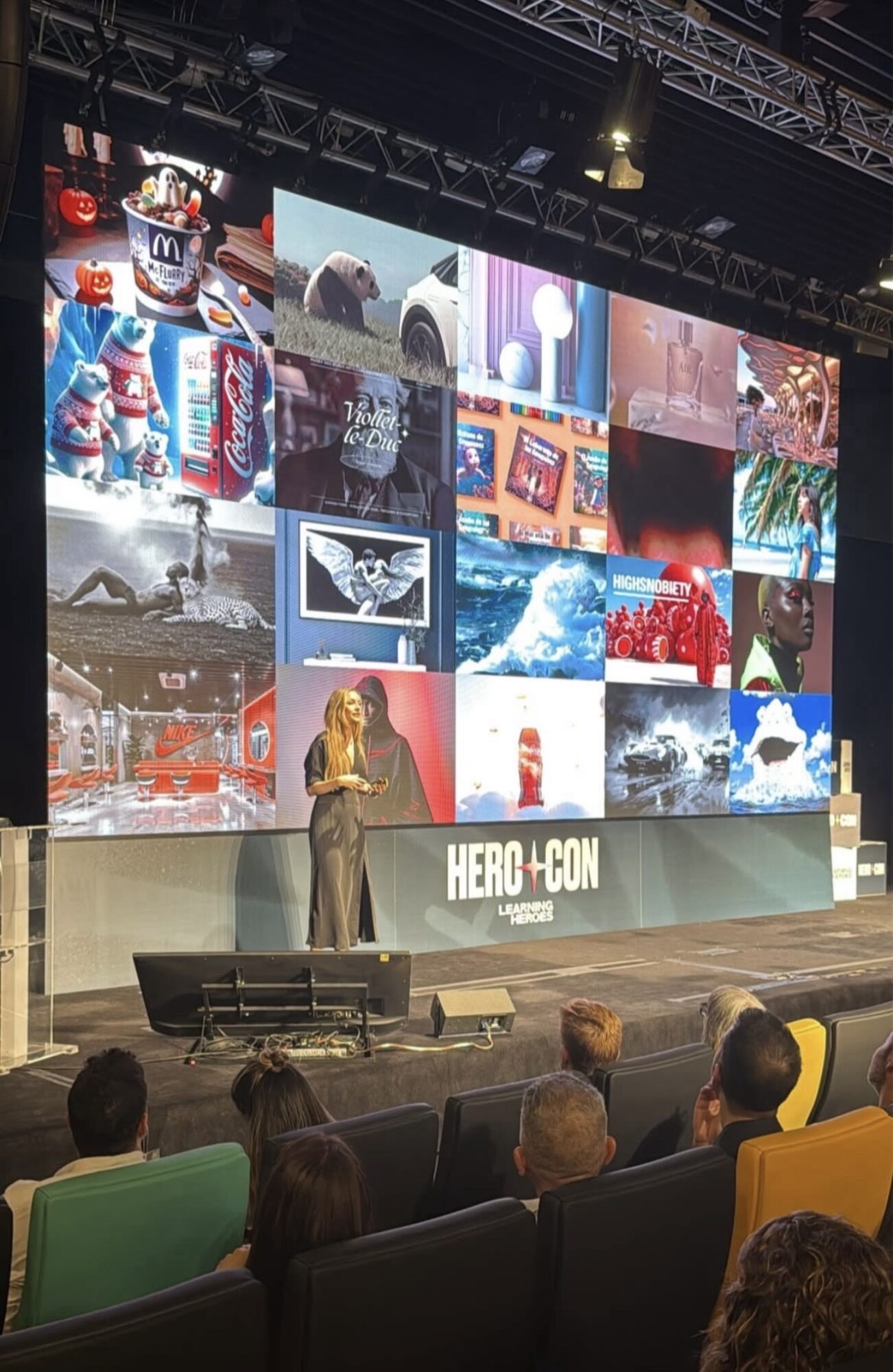
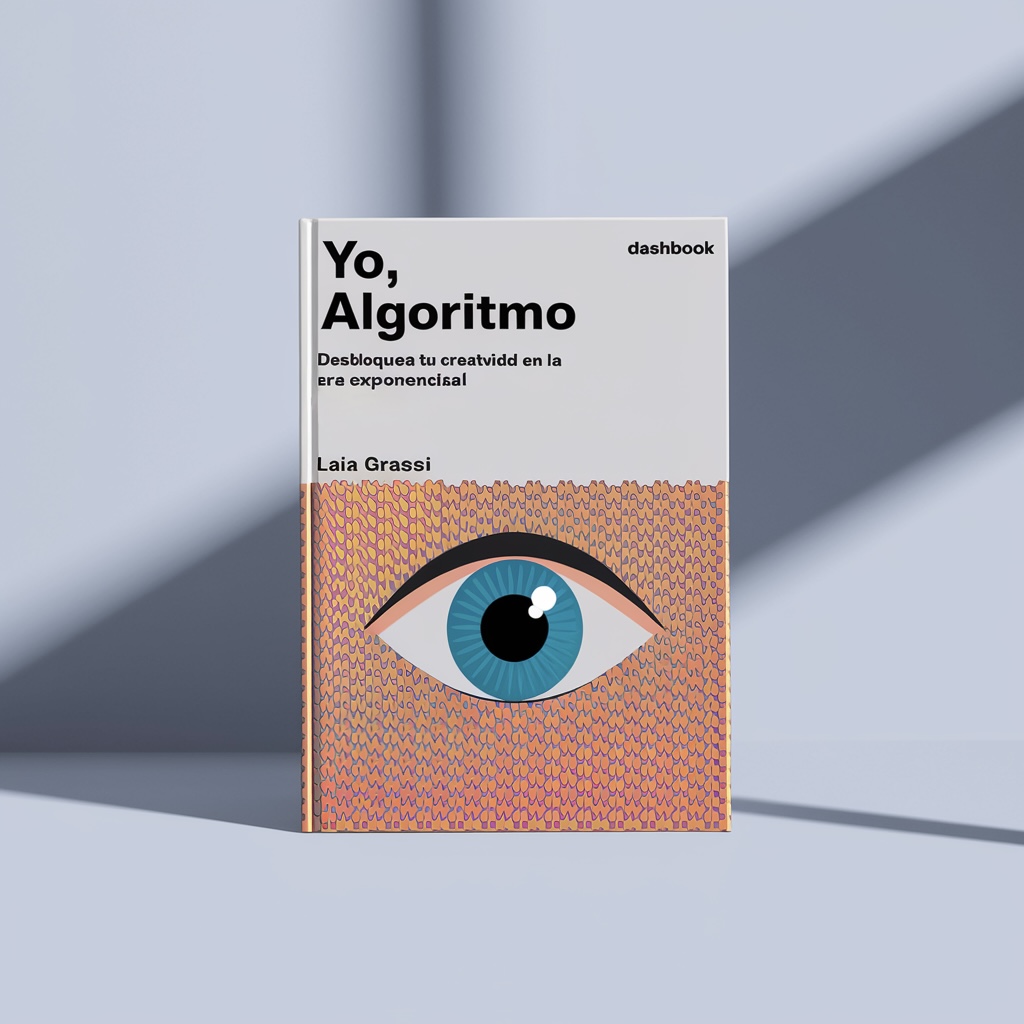

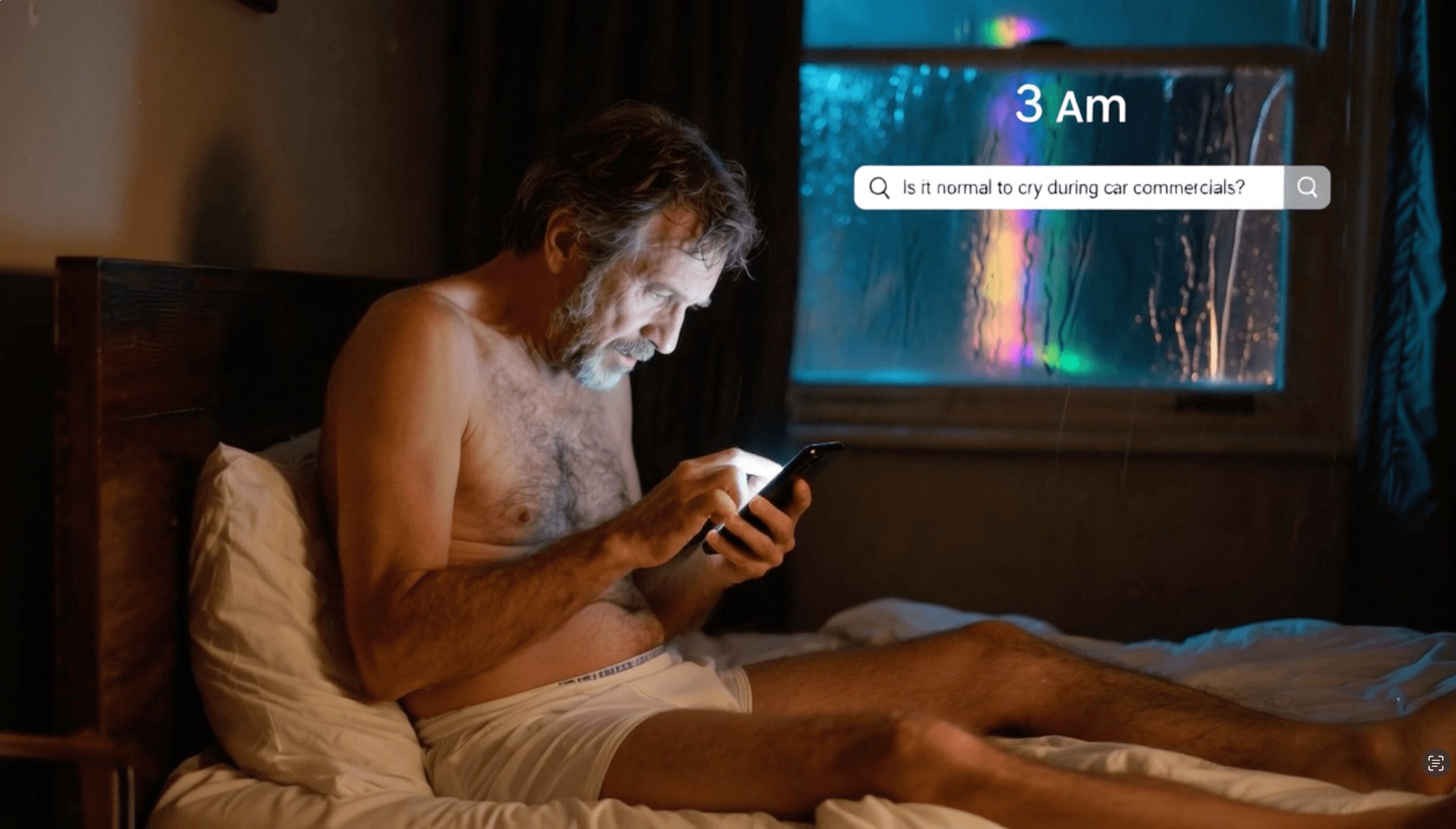
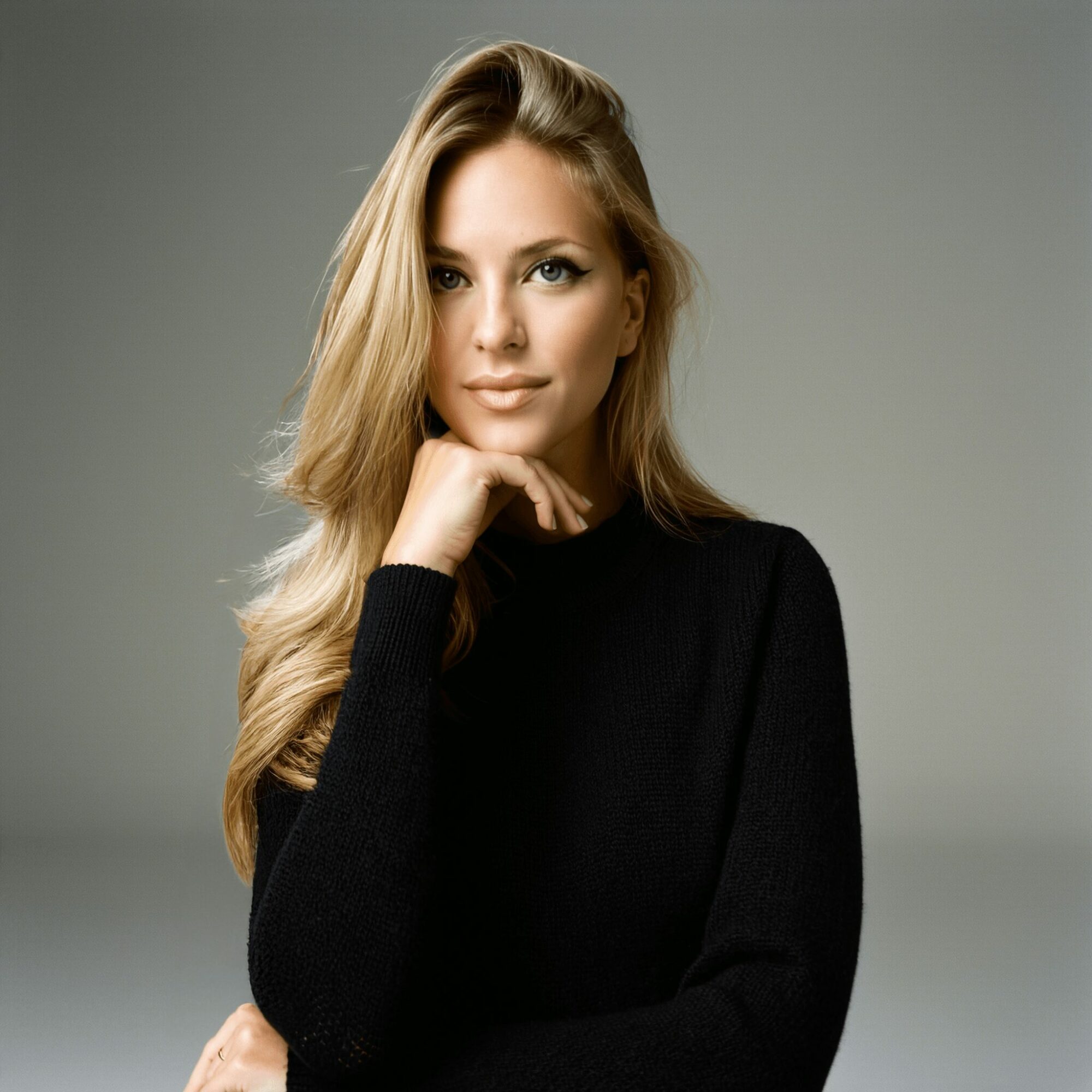

Image Credits
Laia Grassi














